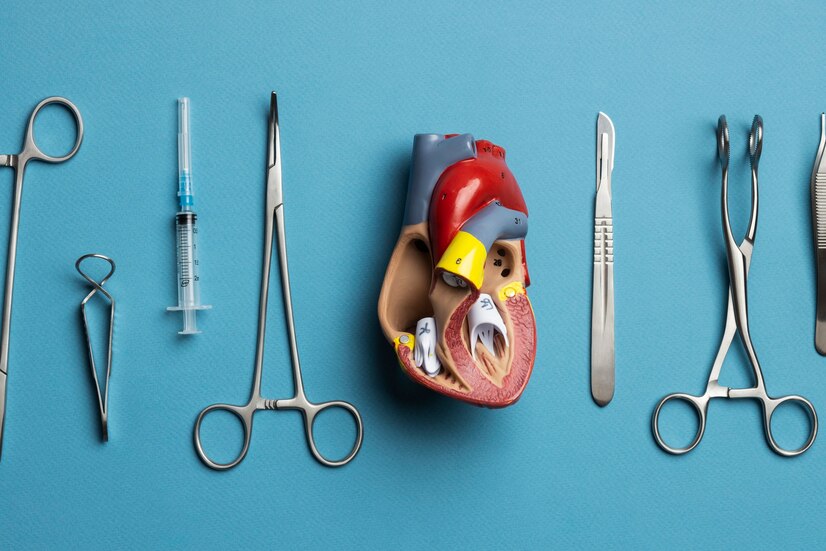- November 15, 2024
Table of Contents
How To Lower Blood Pressure Naturally?
If you have high blood pressure, and have question that How to lower blood pressure naturally? Lifestyle plays vital role in treating high blood pressure. Maintaining a healthy lifestyle and controlling blood pressure can help avoid, postpone, or minimize the need for medication.
10 Ways to lower Blood pressure without medication
1. Lose Weight to lower blood pressure
Carrying excess weight puts additional strain on your heart and blood vessels. As a result, your BP may rise, increasing your risk of developing hypertension, heart disease, and stroke. However, by taking steps to lose weight, you can alleviate this burden on your cardiovascular system and improve your overall health. Losing weight offers a multitude of benefits beyond just slimming down your waistline. It can also lead to a noticeable decrease in BP readings. By shedding those extra pounds, you can reduce the pressure on your arteries, allowing blood to flow more freely throughout your body. This, in turn, can lower your risk of hypertension-related complications and improve your overall cardiovascular health.
2. Get Moving with Regular Exercise
Physical activity is essential for maintaining optimal cardiovascular health and reduce hypertension. Engaging in regular exercise helps strengthen the heart muscle, improve blood flow, and reduce the risk of hypertension. Aim for at least 30 minutes of moderate-intensity exercise most days of the week, such as brisk walking, cycling, or swimming. Incorporating strength training exercises into your routine can also help lower blood pressure by improving overall fitness levels and supporting healthy weight management.
3. Limit Sodium in diet
Sodium is a mineral found in many foods and is a key component of table salt. When we consume too much sodium, our bodies retain excess water to dilute the sodium concentration in the bloodstream. This increased water retention puts added pressure on the blood vessels, leading to elevated blood pressure levels. Over time, high BP can damage the walls of the arteries and increase the risk of heart attack, stroke, and other cardiovascular problems.
Limiting sodium in your diet is an essential step towards maintaining healthy BP levels and preventing heart disease. By making simple changes to your eating habits and being mindful of sodium-rich foods, you can protect your heart and enjoy better health in the long run.
4. Adopt a balanced diet.
Eating a balanced diet rich in fruits, vegetables, whole grains, and lean proteins can help reduce hypertension naturally. Incorporate foods high in potassium, such as bananas, spinach, and sweet potatoes, as potassium helps regulate blood pressure. Limit sodium intake by avoiding processed foods and opting for fresh, homemade meals.
5. Limit alcohol consumption
Excessive alcohol consumption can raise BP and increase the risk of hypertension-related complications. Limit alcohol intake to moderate levels. Read more “Measure Your Blood Pressure Accurately, Control It, Live Longer.”
6. Cultivate a Relaxing Sleep Environment
Quality sleep is essential for overall health and well-being, including maintaining healthy BP levels. Creating a relaxing sleep environment free of distractions, such as electronic devices and excess noise, can promote restful sleep and support optimal blood pressure regulation. Establishing a regular sleep schedule, practicing relaxation techniques before bedtime, and optimizing your sleep environment with comfortable bedding and a supportive mattress can all contribute to better sleep quality and lower Hpertension.
7. Manage Stress Effectively
Chronic stress can contribute to high blood pressure, so it’s essential to find healthy ways to manage stress levels. Practice relaxation techniques such as deep breathing, meditation, or yoga to promote relaxation and reduce cortisol levels. Engage in activities you enjoy, spend time outdoors, and prioritize self-care to help combat stress.
8. Quit smoking to lower blood pressure
Smoking tobacco is a significant risk factor for high blood pressure, also known as hypertension. Nicotine, the addictive substance found in cigarettes, constricts blood vessels and raises heart rate, leading to elevated hypertension. Additionally, the chemicals in tobacco smoke damage the lining of the arteries, making them narrower and less flexible, further contributing to hypertension.
Quitting smoking is one of the most impactful steps you can take to reduce hypertension and improve overall health. By breaking free from nicotine addiction and embracing a smoke-free lifestyle, you can significantly reduce your risk of hypertension-related complications and enjoy a longer, healthier life.
9. Monitor Blood Pressure
Regular monitoring of blood pressure is crucial for effectively managing hypertension, or high blood pressure. By tracking BP readings at home, individuals can gain valuable insights into their cardiovascular health and take proactive steps to lower BP and reduce the risk of related complications.
10. Embrace the Power of Meditation
Meditation is a powerful tool for reducing stress, which is a significant contributor to high blood pressure. By practicing meditation regularly, individuals can calm their minds, reduce cortisol levels, and promote a sense of inner peace. Studies have shown that just a few minutes of meditation each day can lead to significant reductions in BP readings over time. Incorporating mindfulness techniques such as deep breathing exercises and guided imagery can further enhance the relaxation response and support healthy blood pressure levels.
Shanikrupa heartcare centre provides non-invasive heart treatment Like EECP Treatment and Ozone therapy for heart disease. This treatment is used to prevent heart disease which is the main complication of high blood pressure (Hypertension).

